6 Women's Health Myths You Can Stop Believing Right Now
It's okay—we thought these were true, too (especially #4).
By Corrie Pikul
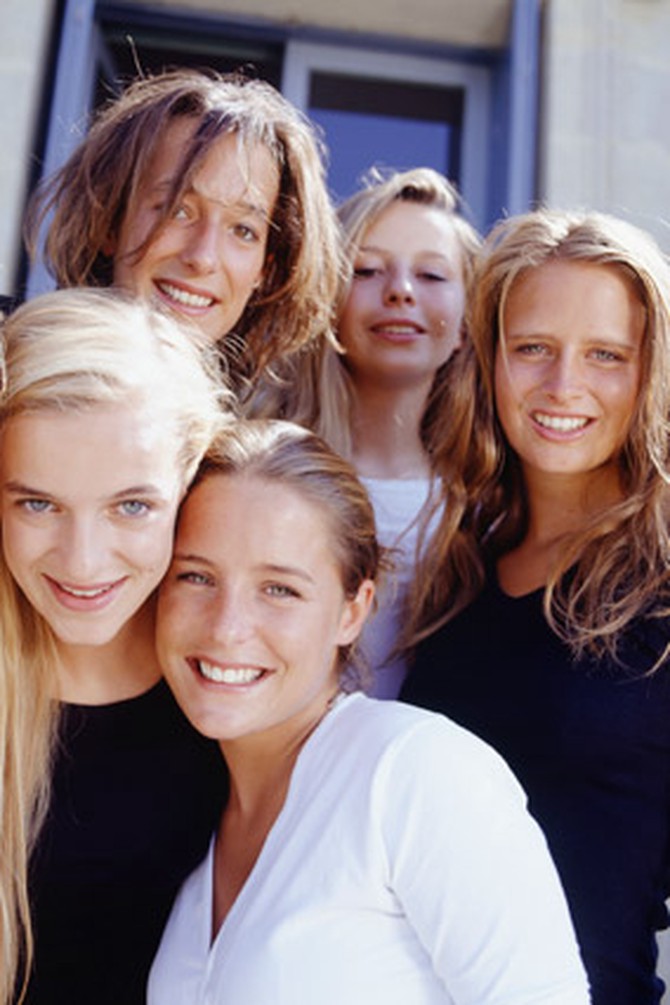
Photo: Thinkstock
Women Who Live Together Tend to Menstruate in Sync
Any woman who's lived with sisters or in a dorm or in an urban starter apartment is familiar with the concept behind the McClintock Effect, the hypothesis that menstruating women secrete pheromones that subtly alter the cycle of other women in close proximity. Many scientists dispute this claim (as well as the existence of pheromones), says Patricia Barnes-Svarney, a science writer who's published more than two dozen books, including the recent Why Do Women Crave More Sex in the Summer?: 112 Questions That Women Keep Asking—and That Keep Everyone Else Guessing. She says that when researchers from the University of California decided to resolve the matter once and for all by asking 186 Chinese students to track their period for one year, they found no true menstrual synchronicity. So, you might be wondering, why did you always seem to have your period at the same time as one of your roommates? Barnes-Svarney explains that most women's periods last five to seven days, which is a sizable chunk of time. The potential for random overlap is very high—especially among groups.
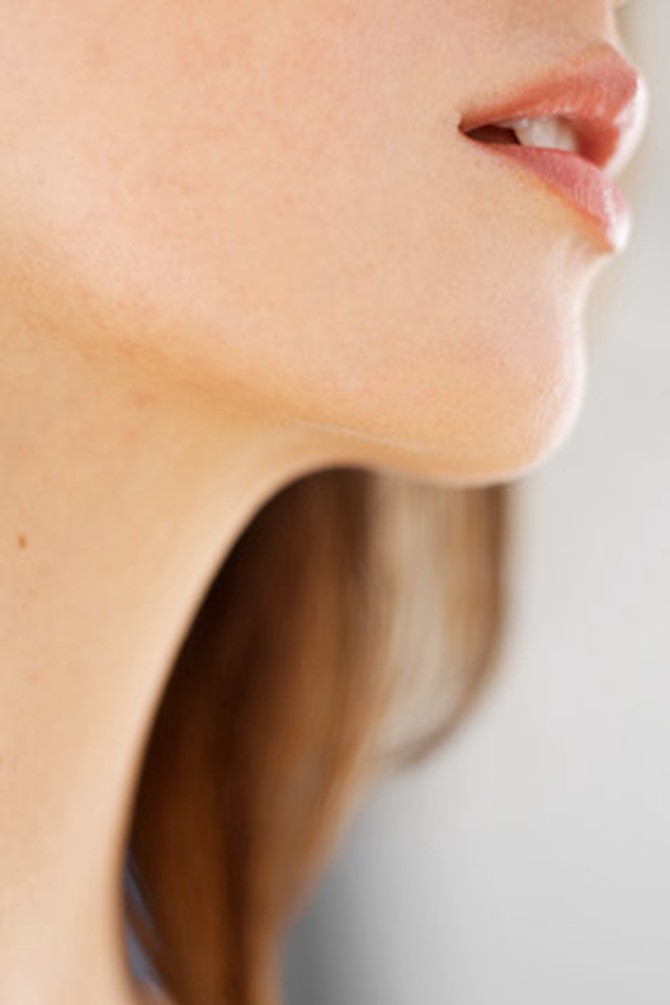
Photo: Thinkstock
A Woman Doesn't Have an Adam's Apple
We've always imagined this neck bump as a ball of cartilage, and we've assumed that men—and only men—had it, because of an excess of testosterone. Turns out we were only half-right on both counts...which means we were completely wrong. The Adam's apple is actually caused by the bulging of a set of cartilage plates that are held together by tissues and muscle fibers, which protect the vocal cords. Women have these plates, too, but the bulge is more prominent in men for two reasons: Testosterone causes the larynx to grow rapidly during puberty, deepening men's voices and pushing out the vocal cords. More important, says Barnes-Svarney, the thyroid cartilage that forms the bump meets at an average angle of 90 degrees in males, and 120 degrees in females. "The greater the angle, the flatter the plates," she says. Need more proof of what some scientists call the "Eve's apple"? Barnes-Svarney suggests humming; the spot where you feel the most vibration is your voice box, covered by the pomme de cartilage.
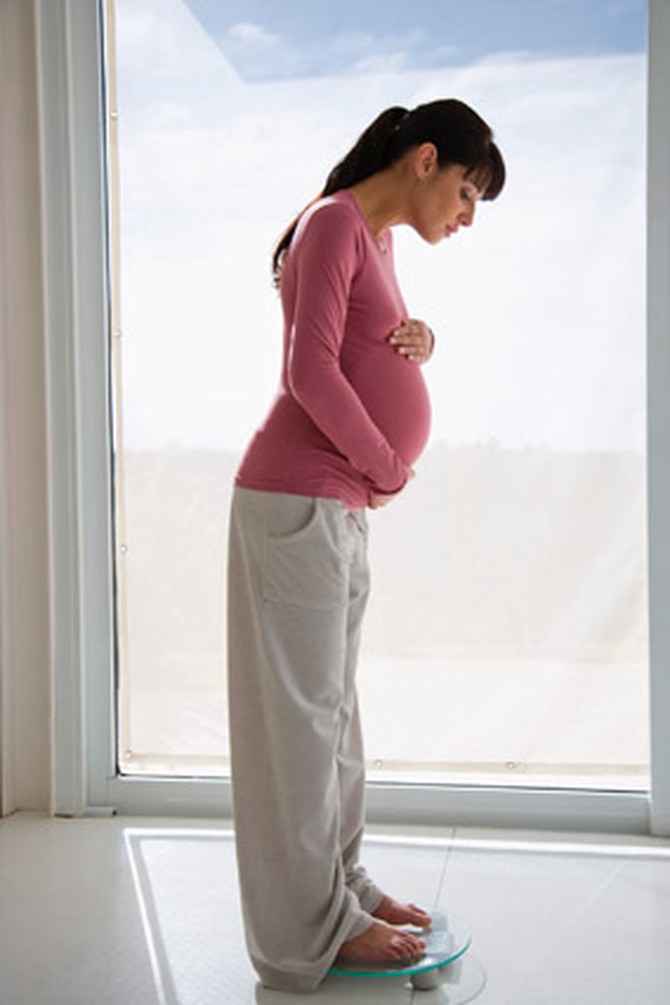
Photo: Thinkstock
Babies Are the Main Reason a Married Woman Tends to Gain (and Hold Onto) Weight
Researchers who studied women's weight gain over 10 years found that while most women tended to put on pounds over time, it was nearly as likely to be due to being in a relationship as to having a baby. In a study from University of Queensland (which adjusted for several variables), an average woman weighing 140 pounds would gain 20 pounds if she had a baby and a partner, 15 pounds if she had a partner only and only 11 pounds if she had no partner and no baby. Barnes-Svarney says that this may be because women tend to match their eating style to their partner's, consuming more calories than they need, and also because women in a relationship tend to socialize with their partners at bars and restaurants, where it's easy to overindulge.
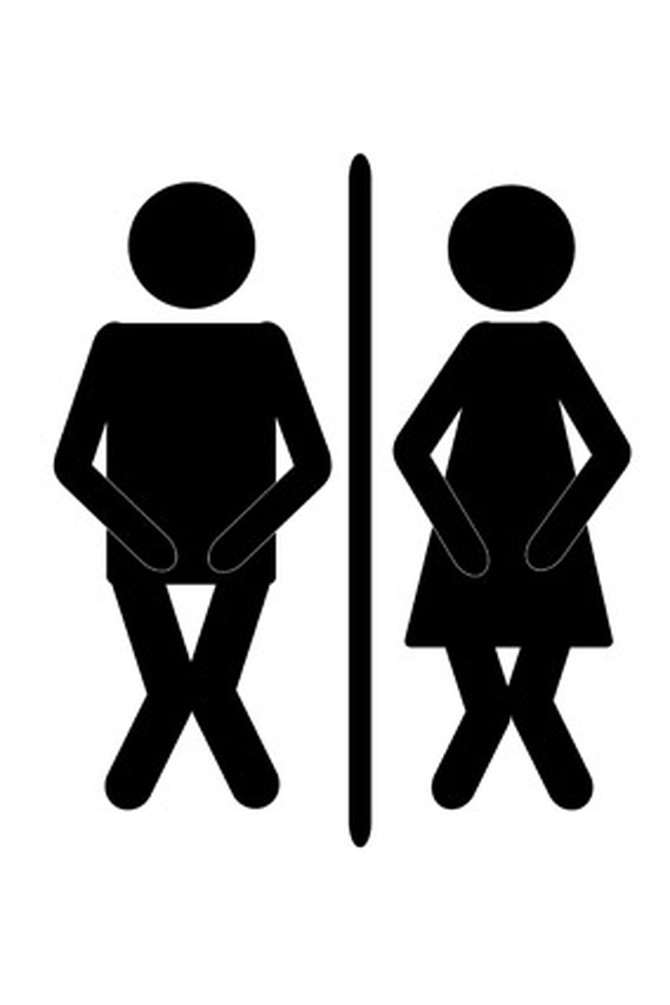
Photo: Thinkstock
Women Have Relatively Smaller Bladders than Men
We're not denying that most of us need to use the bathroom more frequently than our partner, but this has more to do with the position of our bladder than its size, says Barnes-Svarney. A woman's bladder is supported by the front wall of the uterus and vagina, she says, and this wall weakens with age and childbirth, while the way a woman carries excess fat also adds uncomfortable pressure. Men's bladders, on the other hand, are freer to expand as they fill. However, Barnes-Svarney says, justice comes later in life. An enlarged prostate gland is a benign issue that affects 50 percent of men by age 60, and 90 percent of men by age 85, according to the American Urological Association. When the prostate gets bigger, it presses on the urethra, causing men to feel like they need to use the bathroom immediately—and helping them to finally understand what the women in their lives have been dealing with for all those years.
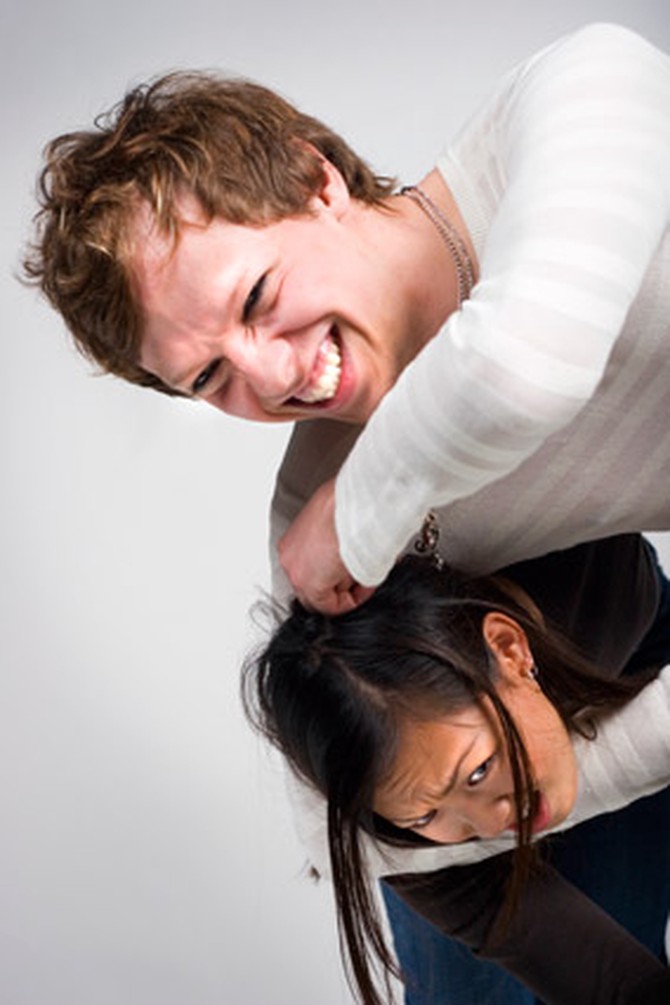
Photo: Thinkstock
Ladies Don't Have as Good a Sense of Humor as Men Do
We know you don't believe this myth...but here's some scientific proof to share the next time your old-fashioned Uncle Freddy brings it up: When researchers from the National Academy of Sciences asked participants to rate cartoons while functional magnetic response imaging monitored their brain activity, they found that women's brains lit up more. There was more activity in the women's left prefrontal cortex and nucleus accumbens, which Barnes-Svarney says may mean that the women found the humor to be even more rewarding than the men did. And the funnier the cartoon, the more strongly the women responded, causing the researchers to believe that women were more pleased about getting the joke. Studies like this show that women have an even greater appreciation of punch lines and pratfalls than we get credit for.
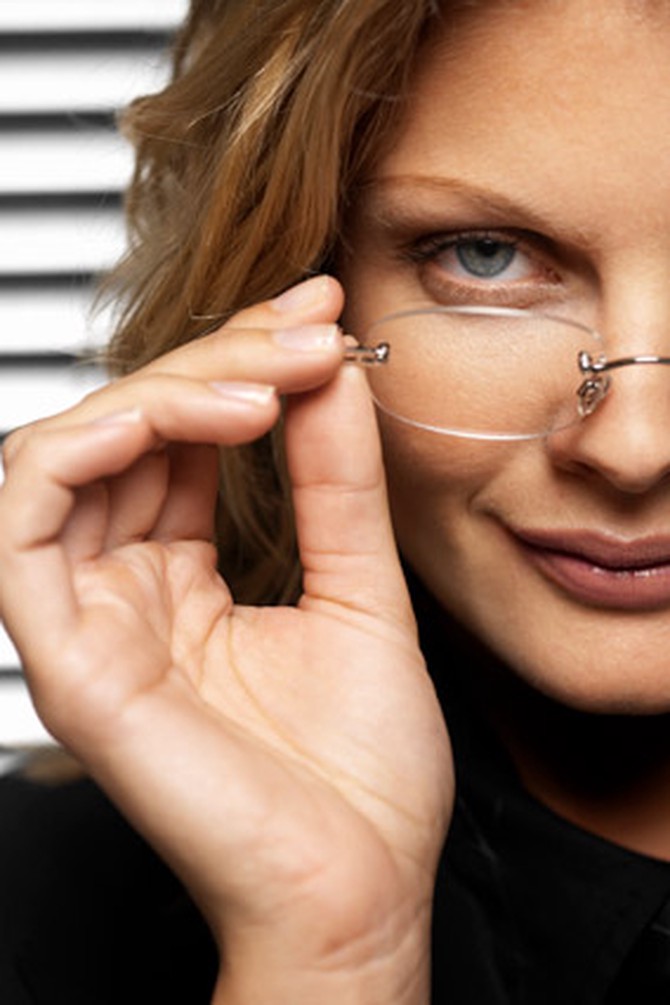
Photo: Thinkstock
Women's Hormones Cause Them to Reach Their Sexual Peak at 35
Considering that women's fertility decreases 3 to 5 percent per year after age 30, and at a faster rate after 40, this popular stat makes sense. Perhaps women are reacting to an evolutionary signal to get busy and have a baby. But this number originated in the mid-20th-century research of sex expert Alfred Kinsey, who found that women had more orgasms in their 30s than at any other time in their lives. Subsequent studies haven't been able to definitively prove that women are experiencing a surge of hormones at this age (like men do at when they sexually peak in their late teens), and many experts believe that the real reason women have more fulfilling sex in their mid-30s is because they're more comfortable with their bodies, so they're better able to relax and let go during sex, which primes them for orgasm—and in turn, increases desire. And let's face it: For every woman who believes she's in her prime at 35, there's a new mom who thinks her friskiest days were in her mid-20s, and another, remarried at 45, who's saying she's having the best sex of her life.

Why Do Women Crave More Sex in the Summer? by Patricia Barnes-Svarney

Why Do Women Crave More Sex in the Summer? by Patricia Barnes-Svarney
Published 06/25/2012

